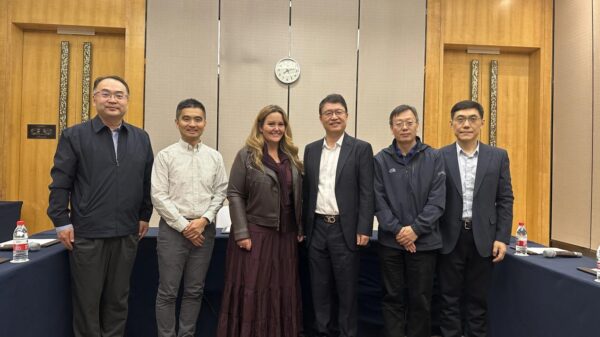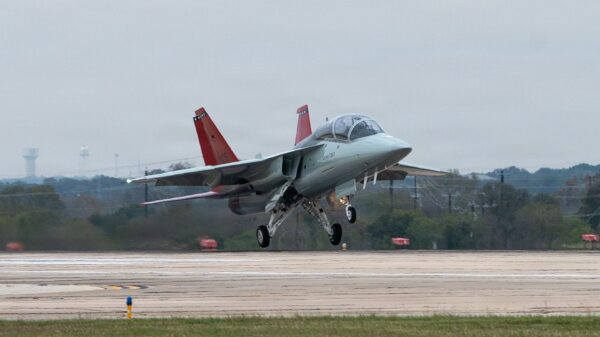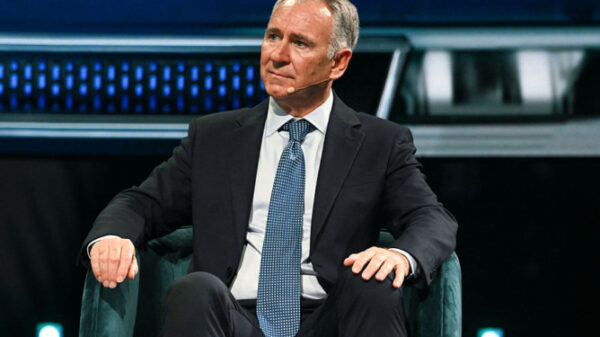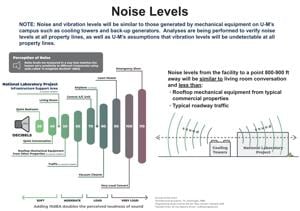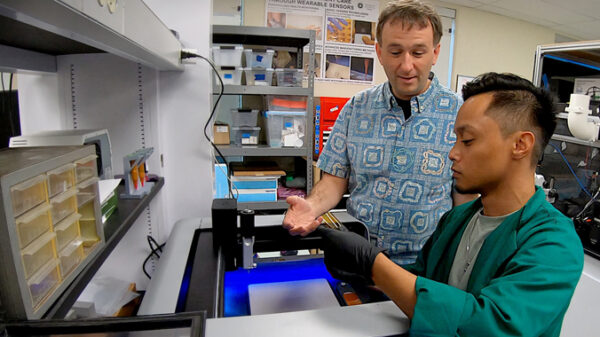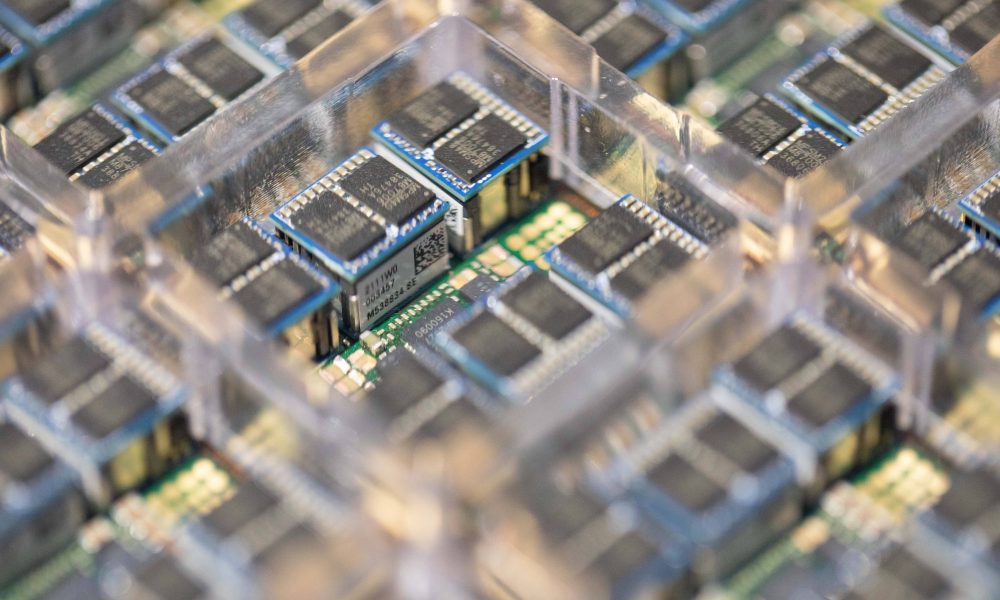Elon Musk has announced ambitious plans for Tesla’s upcoming AI5 and AI6 chips, emphasizing their critical role in the company’s future. In a series of posts on X, Musk described these chips as pivotal to Tesla’s growth, particularly in high-volume products like the Optimus humanoid robot and the Cybercab.
Design and Production Timeline
Musk confirmed that Tesla has completed a design review for the AI5 chip, which will initially be manufactured by TSMC in Taiwan. Production is set to ramp up in Arizona. By consolidating the chip design into a single architecture, Musk believes Tesla can leverage its silicon talent more effectively, focusing on producing a high-performance platform. He stated, “Just had a great design review today with the Tesla AI5 chip design team! This is going to be an epic chip. And AI6 to follow has a shot at being the best AI chip by far.”
In his updates, Musk highlighted that the AI5 chip is expected to be “the best inference chip of any kind” for models with fewer than 250 billion parameters, offering the “lowest cost silicon and best performance per watt.” He expressed confidence that AI6, which will follow AI5, could surpass previous efforts in performance metrics.
AI6’s Potential and Future Directions
As work on AI5 progresses, Musk is already looking ahead to AI6, which will be produced at Samsung’s forthcoming facility in Texas. This manufacturing site is part of a multibillion-dollar investment aimed at supporting Tesla’s next-generation products, including the Cybercab and Optimus robot. Musk indicated that AI6 might effectively replace Project Dojo as Tesla’s primary training platform, capable of handling both inference and training workloads.
Industry experts are aligning with Musk’s vision. Phil Beisel, a former engineer at Apple and Rivian, stated, “AI6 is now Dojo.” Musk acknowledged this sentiment with a “bullseye” emoji in response. Furthermore, Musk has committed to overseeing operations at the Samsung facility personally, ensuring that production aligns with Tesla’s stringent requirements.
The development and production of these chips signal a significant leap in Tesla’s technological capabilities, potentially reshaping its approach to artificial intelligence and machine learning. As Tesla positions itself at the forefront of the automotive and tech industries, the success of the AI5 and AI6 chips could have far-reaching implications for the company and its products.






